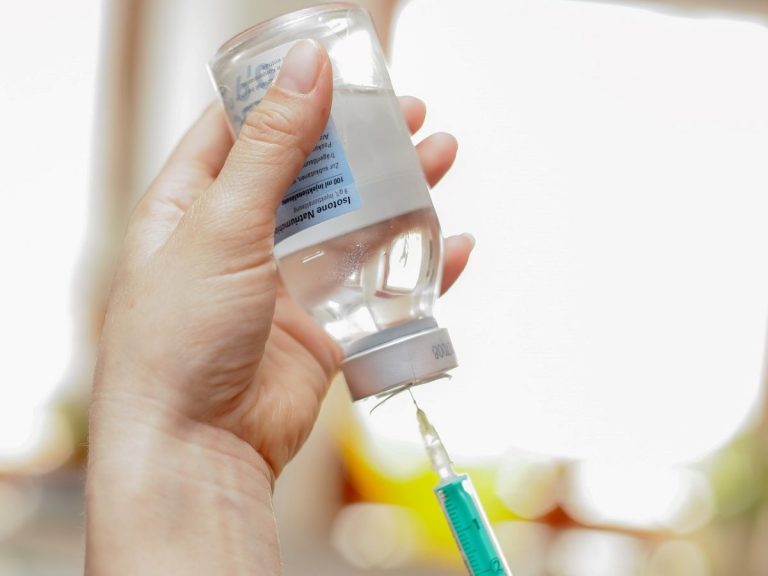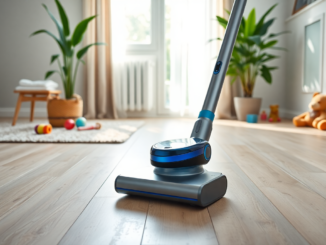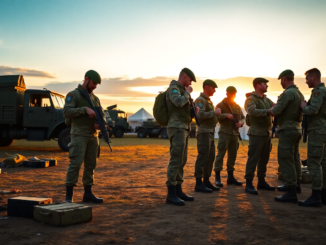Around 600 homeless and vulnerable people are being invited to get Covid-19 vaccines at surgery in Hertfordshire.

Approximately 600 homeless and vulnerable people are being invited to receive the Covid vaccines at a surgery in Hertfordshire.
Covid vaccines provided for homeless
GPs at the Meadowell clinic at Watford Health Centre are trying to contact hard-to-reach groups most at risk if they contract Covid.
Statistics reveal that the average homeless man dies aged 45 and for women it’s 43, which is 30 years lower than the general population. Staff at the practice are trained at managing substance misuse and providing mental health support. Homeless people, sex workers, and the Roma, Gypsy and Traveller communities have previously stated that they feel marginalised by health inequality.
Dr Martha Ford, a GP with special interest in substance misuse, inclusion health and treating hepatitis C in primary care, said: “I am encouraging anyone who is homeless in the area to come and register with us. The clinic is aiming to ensure the system works for everyone to close the gap in health inequality. The people we serve have multiple disadvantages but must be included in the vaccination programme.”
The Joint Committee on Vaccination and Immunisation has recommended to GPs which patient groups should be prioritised, starting with the elderly. However, the vaccine rollout allows flexibility to mitigate health inequalities. Most homeless people are currently excluded from getting a vaccine because invitations are sent out by text and letters.
“If you don’t have a mobile phone and are not registered with GP, you’re going to get missed. We have around 600 registered patients. They range from some rough-sleeping, others in hostels or without a permanent address – often these are living with friends, in a car or van, and sometimes on a boat. To help them, the clinic has provided walk-in access, longer appointment times and can support people with financial and housing problems.”
The Meadowell clinic worked with other agencies, the council, and charities to get vulnerable people registered even before the pandemic. Frontline social care staff working in hostels have already been vaccinated. Dr Ford said it is essential to vaccinate the homeless because if they have chronic illnesses, such as lung disease and hepatitis, their chances of death with Covid are higher. For rough-sleepers and people living in hostels, isolation is virtually impossible.
Dr Ford added: “We don’t need ID or proof of address – they can just come in and register. There can be fear amongst these communities about giving information to authority, possibly due to past experiences but any details given to us are confidential and will not be passed on or used in any way. We are building trust and confidence by engaging with people who haven’t been reached before.”




